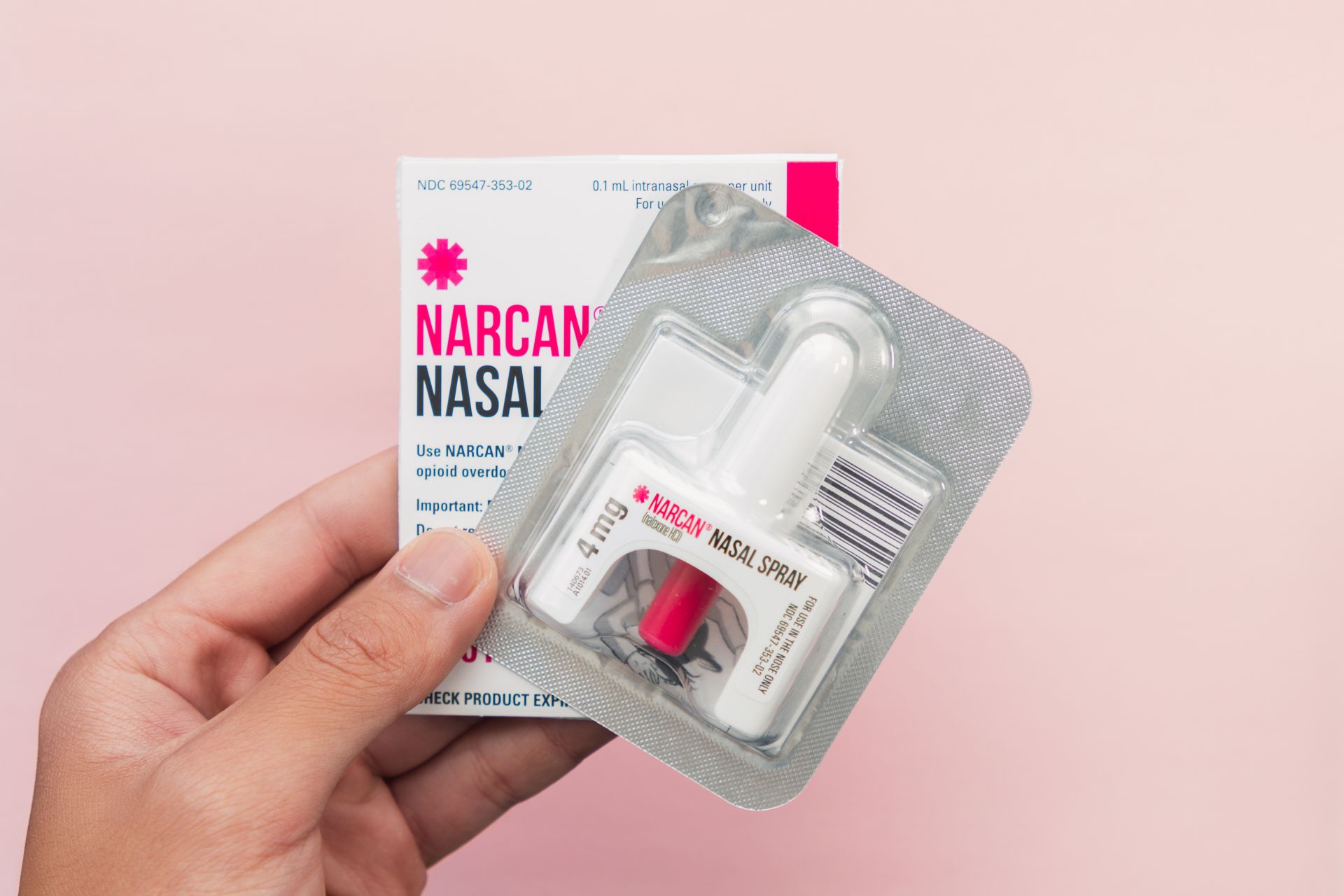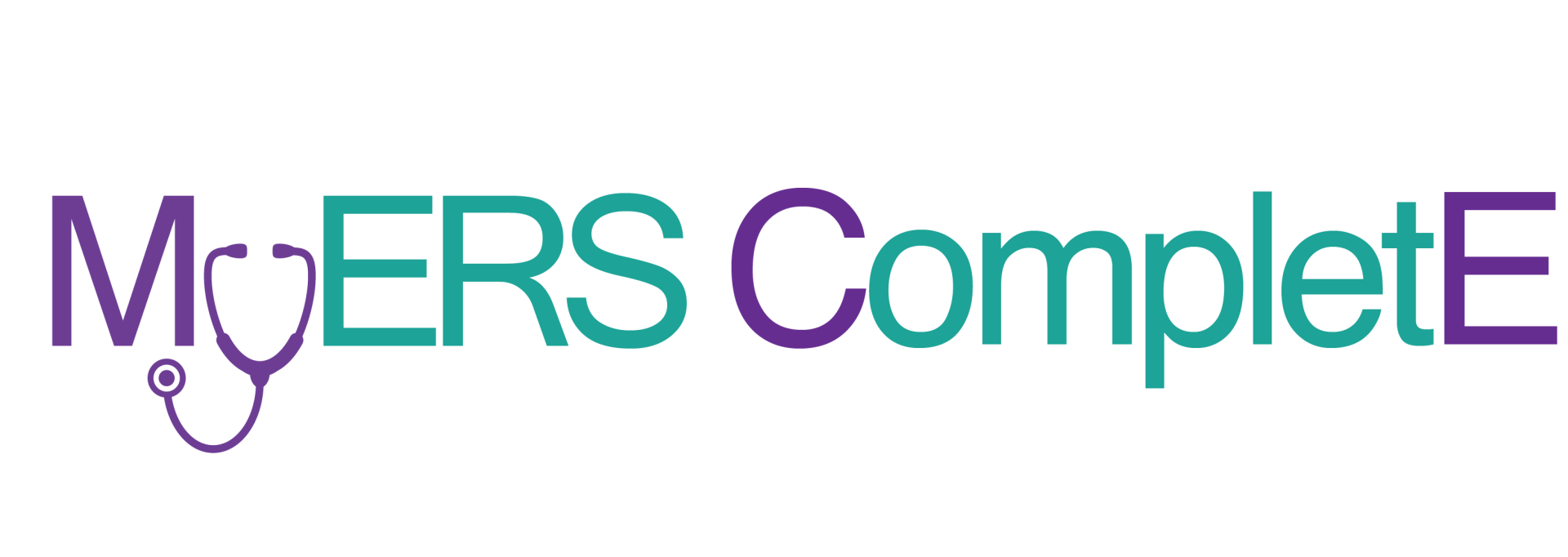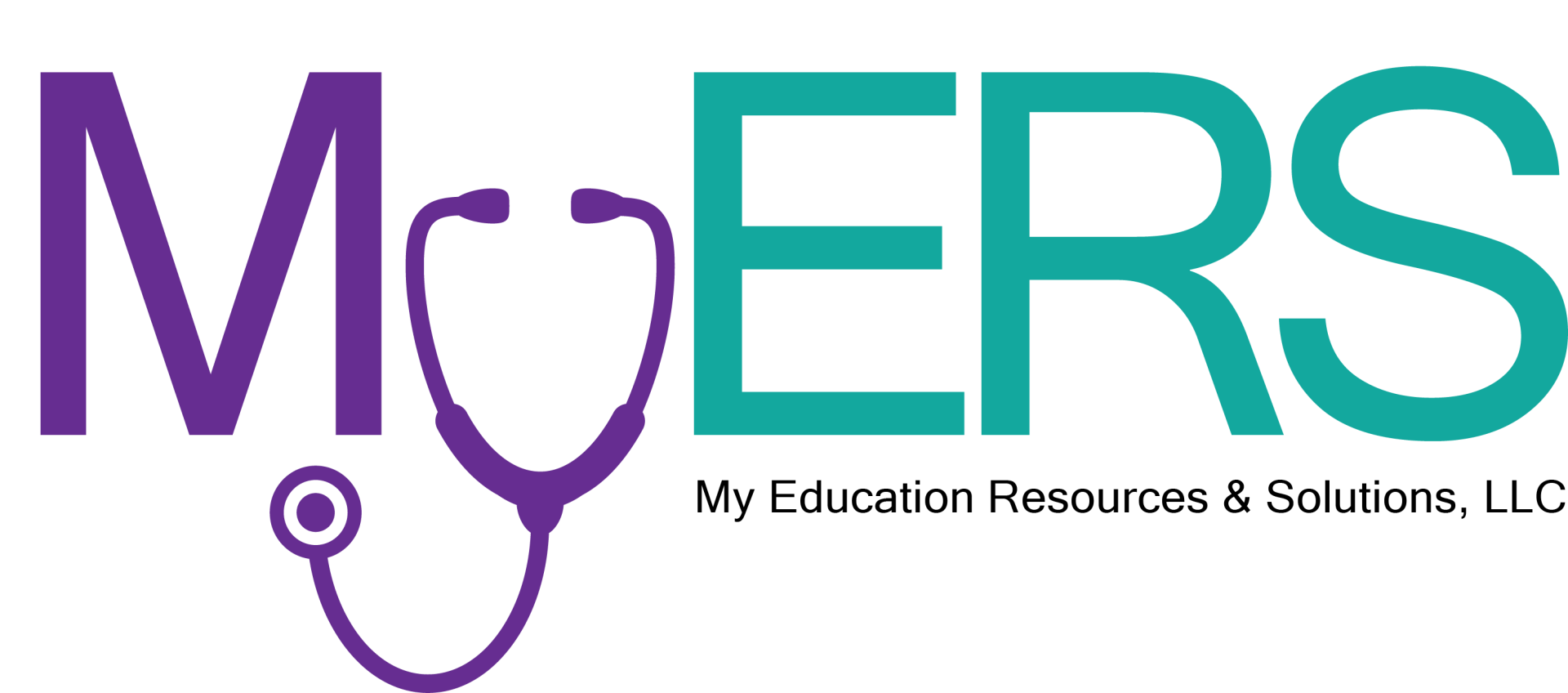A Nurse's View of the Synthetic Opioid Crisis
Mar 11

A Nurse's View of the Synthetic Opioid Crisis
The opioid epidemic has long represented one of the greatest public health crises of our time. But just when we dared to hope the worst might be behind us, a new even deadlier threat has emerged - the rapid proliferation of illicitly manufactured synthetic opioids like fentanyl.
Fentanyl is a synthetic opioid up to 100 times more potent than morphine. Originally approved for severe cancer pain, it has flooded the underground drug market, often laced into heroin, cocaine, methamphetamine and counterfeit pills without users' knowledge. A tiny amount smaller than a few grains of salt can induce respiratory depression and death.
The consequences have been absolutely devastating. According to the CDC, over 112,000 Americans died from drug overdoses in 2023, with fentanyl and its analogues now the leading cause of these tragic deaths. In Northeastern cities like Philadelphia hit hard by the crisis, public bathrooms have become heartbreaking "deadboxes" - so plagued by overdoses that they are stocked with rescue naloxone kits.
As nurses, we find ourselves on the frontlines of this escalating crisis. In emergency departments, city streets, and even schools, we are increasingly called upon as first responders for opioid overdoses. Narcan (naloxone) has become an indispensable tool in our life-saving arsenal, a rescue medication that can swiftly reverse the deadly respiratory depression caused by opioid overdose.
But administering Narcan is only a temporary fix. Too often, we find ourselves stuck in a Code Blue cycle - reviving the same patient from overdose again and again because the underlying substance use disorder remains unresolved. The stakes for immediate intervention and connecting patients to long-term treatment have never been higher.
Every Code Blue gives us a fleeting window to shatter the stigma around addiction and reframe it as the chronic, treatable illness that it is. Every hit of Narcan is an opportunity to compassionately educate that when fentanyl is involved, just one bad decision or a laced batch can prove permanently fatal. As nurses, part of our calling must be overdose prevention through candid conversations that put a human face on this crisis.
We must also advocate relentlessly for improvements in addiction care, from greater Narcan accessibility to expansion of medication-assisted treatment and a public health-centered approach to substance use. The criminalization of addiction has only perpetuated the cycle of despair.
With fentanyl turning so many of our neighborhoods into killing fields, the message must go out loud and clear: opioid use disorder can affect anyone, from honor students to soccer moms to grandparents. The solution will take all of us - nurses, physicians, law enforcement, public health officials, community leaders and more working in unison. And it absolutely must start with reducing the stigma that has compounded this tragedy for far too long.
Our population's insidious love affair with opioids has brought us to this crossroads. But in the form of Narcan and our voices as nursing professionals, we possess the power to turn the tide. With enough courage, we can pull families and entire communities back from the brink.
Fentanyl is a synthetic opioid up to 100 times more potent than morphine. Originally approved for severe cancer pain, it has flooded the underground drug market, often laced into heroin, cocaine, methamphetamine and counterfeit pills without users' knowledge. A tiny amount smaller than a few grains of salt can induce respiratory depression and death.
The consequences have been absolutely devastating. According to the CDC, over 112,000 Americans died from drug overdoses in 2023, with fentanyl and its analogues now the leading cause of these tragic deaths. In Northeastern cities like Philadelphia hit hard by the crisis, public bathrooms have become heartbreaking "deadboxes" - so plagued by overdoses that they are stocked with rescue naloxone kits.
As nurses, we find ourselves on the frontlines of this escalating crisis. In emergency departments, city streets, and even schools, we are increasingly called upon as first responders for opioid overdoses. Narcan (naloxone) has become an indispensable tool in our life-saving arsenal, a rescue medication that can swiftly reverse the deadly respiratory depression caused by opioid overdose.
But administering Narcan is only a temporary fix. Too often, we find ourselves stuck in a Code Blue cycle - reviving the same patient from overdose again and again because the underlying substance use disorder remains unresolved. The stakes for immediate intervention and connecting patients to long-term treatment have never been higher.
Every Code Blue gives us a fleeting window to shatter the stigma around addiction and reframe it as the chronic, treatable illness that it is. Every hit of Narcan is an opportunity to compassionately educate that when fentanyl is involved, just one bad decision or a laced batch can prove permanently fatal. As nurses, part of our calling must be overdose prevention through candid conversations that put a human face on this crisis.
We must also advocate relentlessly for improvements in addiction care, from greater Narcan accessibility to expansion of medication-assisted treatment and a public health-centered approach to substance use. The criminalization of addiction has only perpetuated the cycle of despair.
With fentanyl turning so many of our neighborhoods into killing fields, the message must go out loud and clear: opioid use disorder can affect anyone, from honor students to soccer moms to grandparents. The solution will take all of us - nurses, physicians, law enforcement, public health officials, community leaders and more working in unison. And it absolutely must start with reducing the stigma that has compounded this tragedy for far too long.
Our population's insidious love affair with opioids has brought us to this crossroads. But in the form of Narcan and our voices as nursing professionals, we possess the power to turn the tide. With enough courage, we can pull families and entire communities back from the brink.
Contact
-
My Education Resources and Solutions, LLC
-
PO Box 39566
Greensboro, NC 27438 -
hello@myerscomplete.com
-
(336) 988-7076
Become a member
Your gateway to advanced, cloud-based CE solutions.

